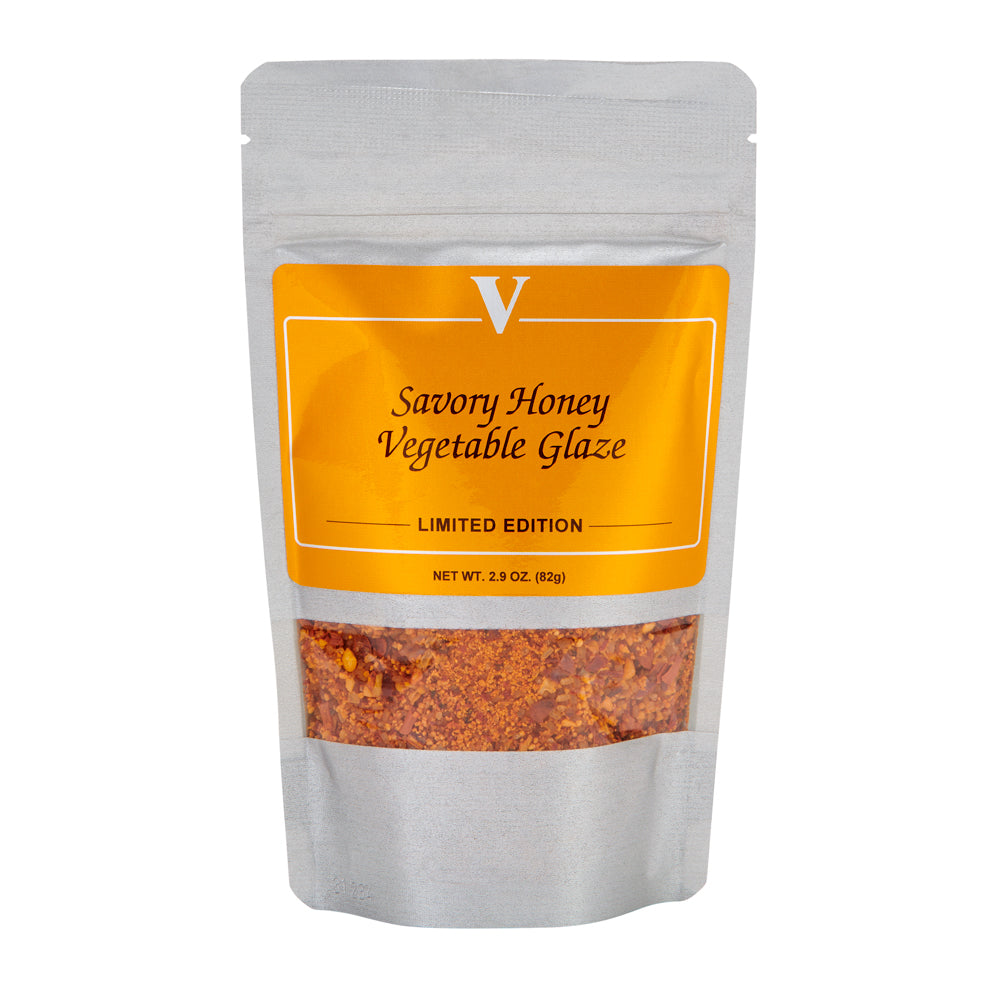Have you ever wondered if you can freeze vegetable seeds to keep them fresh for future planting? Imagine having a stash of seeds ready to grow into a bountiful garden whenever you desire.
This idea might spark your curiosity, especially if you’re passionate about gardening or simply want to save money by preserving seeds from your favorite veggies. But does freezing really work, or could it damage your seeds and dreams of a flourishing garden?
We’ll explore whether freezing vegetable seeds is a smart move. You’ll discover the science behind seed preservation and learn the tips and tricks that can help you maintain the viability of your seeds. By the end, you’ll have the confidence to make informed decisions about how to store your seeds, ensuring they are ready to sprout into healthy plants whenever you’re ready to plant. Dive in, and uncover the secrets to keeping your seeds safe and sound!
Table of Contents
Benefits Of Freezing Vegetable Seeds
Freezing vegetable seeds can be very helpful. It keeps seeds fresh for years. This is great for those who garden every year. Frozen seeds are safe from pests. Bugs and animals can’t get them. Seeds stay safe until you want to use them.
The seeds also stay dry. Wet seeds can spoil. Freezing stops this from happening. This means seeds will grow better when planted. They will have a higher chance of sprouting. Healthy plants start from healthy seeds.
Storing seeds in the freezer saves money. You won’t need to buy new seeds every year. This helps you spend less on gardening.

Credit: extension.usu.edu
Ideal Conditions For Seed Storage
Seeds need a cool place to stay fresh. Cold temperatures make seeds last longer. The best range is between 32°F and 41°F. This is just like a refrigerator. Keeping seeds in a freezer can also help. The cold stops them from growing too soon. But be careful, ice can hurt seeds. Use airtight containers to avoid moisture.
Dry air is good for seeds. Too much water can harm them. Use containers that keep air out. Silica gel can help keep seeds dry. It absorbs extra moisture. Keep the humidity level below 8%. This stops mold and keeps seeds safe. Check the dryness often to ensure safety.
Preparing Seeds For Freezing
Seeds need to be cleanbefore freezing. Remove any dirt or plant bits. Use a brush or cloth to clean them. Drying seeds is also important. Wet seeds can get moldy. Lay seeds on a tray. Leave them in a warm room. Wait until they are dryto touch.
Seeds need to be packed well for freezing. Use airtight containers. Glass jars work well. Plastic bags can also be used. Make sure there is no air inside. Label the containers. Write the seed name and date on them.
Potential Risks Of Freezing Seeds
Freezing vegetable seeds can affect their viability. Some seeds may not survive the cold. The moisture inside seeds can turn into ice. This can damage seed cells. Damaged cells can lead to seeds not sprouting. Some seeds are more fragile than others. These seeds may not handle freezing well.
Seeds need to be healthy to grow. Freezing can make seeds weak. Weak seeds may not germinate. Germination is the start of a seed’s growth. Without germination, plants won’t grow. Cold can slow down germination. Slowed germination means fewer plants. It’s important to know which seeds can freeze. Not all seeds are the same. Check seed packets for advice.
Thawing And Using Frozen Seeds
Frozen seedsneed care when thawing. Always thaw seeds slowly. Use a fridge to thaw them. Keep seeds in a sealed bag. Protect them from moisture. This helps prevent damage. Seeds can grow better if thawed safely.
Safe Thawing Techniques
- Thaw seeds in a fridge.
- Keep seeds in a sealed bag.
- Protect seeds from moisture.
- Check seeds for damage after thawing.
Planting Tips
Plant seeds after thawing them. Choose good soil for planting. Ensure soil is not too wet. Wet soil can harm seeds. Plant seeds at the right depth. Give seeds enough space. Space helps seeds grow strong. Water seeds gently after planting.

Credit: vgourmet.com
Alternative Seed Preservation Methods
Refrigeration is a simple way to keep seeds fresh. Place seeds in a sealed container. This stops moisture and keeps them dry. Store the container in the fridge. The cool temperature slows down seed aging. Check seeds often for mold or damage. Ensure seeds are not near fruit. Fruit releases gas that can harm seeds. This method is easy and helps seeds last longer. Use it for short-term storage.
Desiccation means drying seeds very well. Use silica gel packs to absorb water. Silica gel keeps seeds dry. Place seeds and gel in a sealed jar. Store the jar in a cool, dark place. This stops light and heat from damaging seeds. Dry seeds last longer than wet ones. Check seeds every few months. Ensure they are still dry. This method is good for long-term seed storage.

Credit: www.ebay.com
Conclusion
Freezing vegetable seeds can be a useful storage method. It helps preserve seed viability for future planting. Ensure seeds are dry before freezing. Moisture can damage them. Use airtight containers to prevent humidity exposure. Label containers clearly with seed types and dates.
Check seeds after thawing for viability. Not all seeds freeze well. Research specific seed types before freezing. This method can save time and money. It offers gardeners a reliable way to store seeds. Experiment with small batches first. Happy gardening!

I am Brianna, a self-published author with a passion for sharing my knowledge and expertise on various topics with people looking to find the perfect items for their needs. I love ensuring that the right informative content is available to people looking for the right information. I am an avid horseback rider and reader when I am not writing.
Follow me on Facebook, TikTok, or Personal Blog.